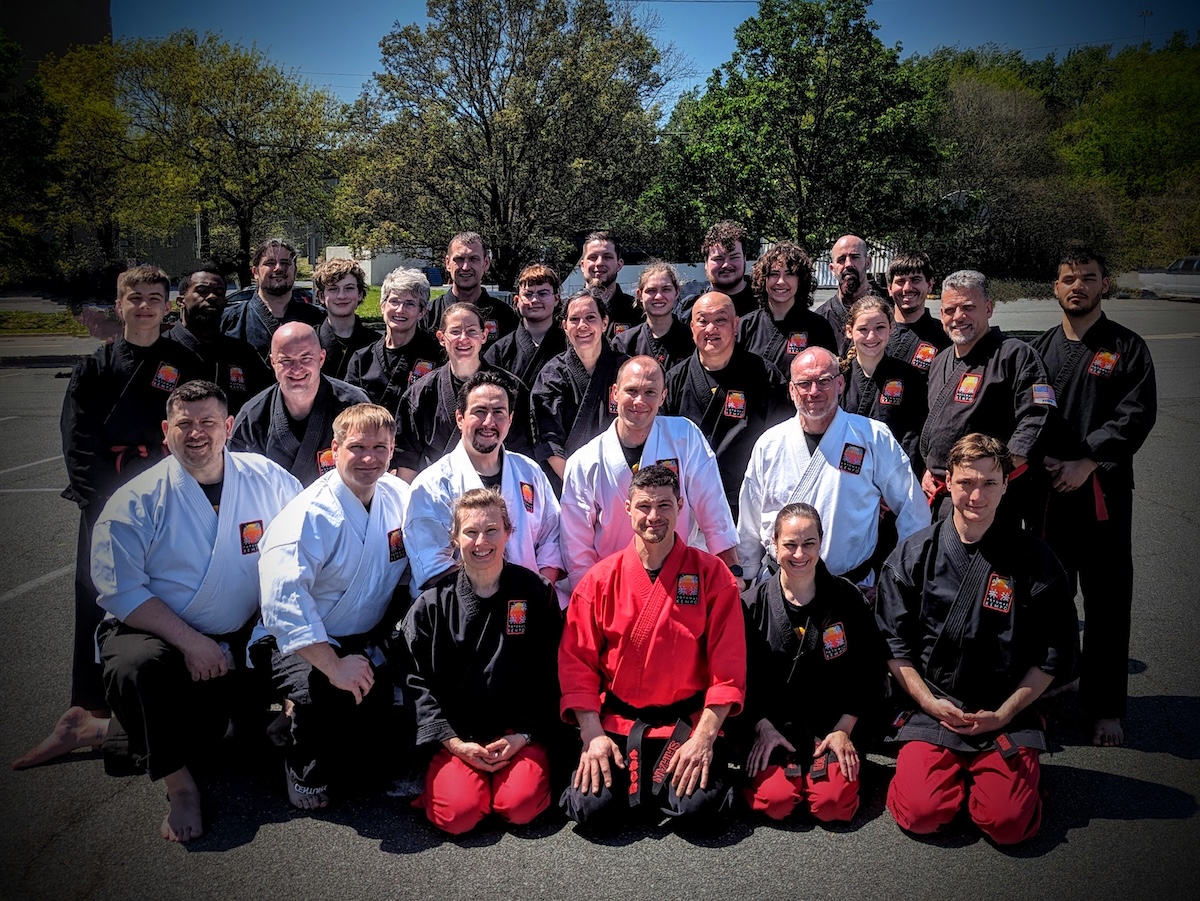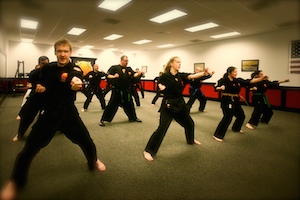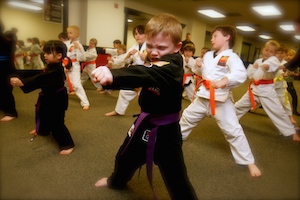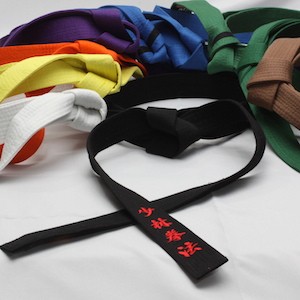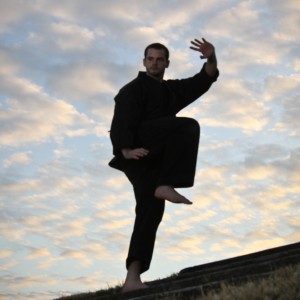At the Shaolin Temple, we had the privilege of training with a senior monk possessing the congenial, relaxed demeanor that so often accompanies mastery. Working in a back alley behind the ancient curved rooftops, watched only occasionally by resident (indifferent) cats and our taciturn teacher, we aimed to make our bodies mimic the skills being offered.
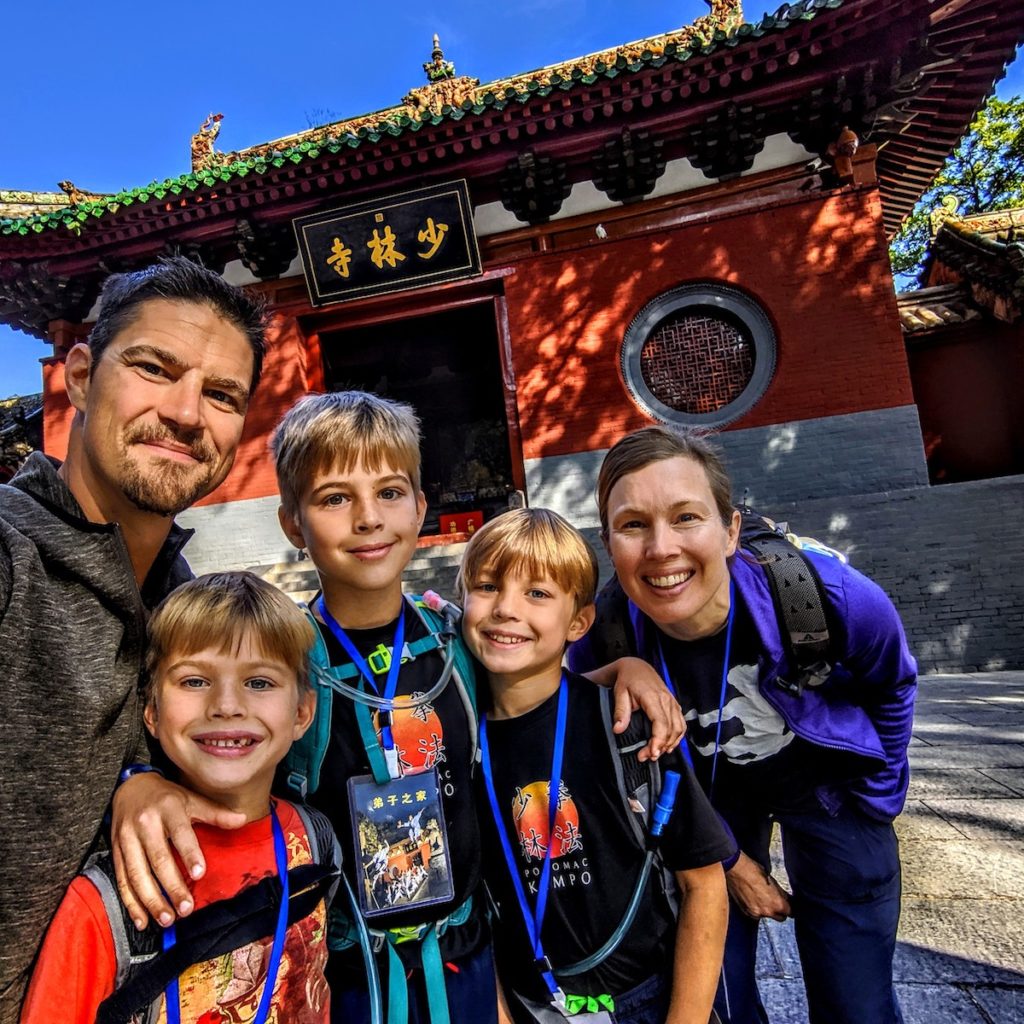
In such a setting, and after more than twenty years of practicing martial arts, it might be tempting to be frustrated when left for forty-five minutes in the blistering Chinese sun to practice the same three moves repeatedly.
But that might indicate that one had not gleaned much from his or her practice.
We might get frustrated.
As instructors, we strive to provide feedback and guidance, as well as an appropriate amount of independent practice time. It is a delicate balance to create, as all people—and all practice sessions—are unique. Even respecting this inherent challenge, when we are students (we never stop being students), we might be tempted to feel like the balance is off a little bit, that our instructor should give us more feedback, or more material to practice. We might get frustrated.
On the other hand, we also might remember that we are responsible for our reactions. And, we might remember that none of the critical responses listed above would net us what we came for—which is to learn more, practice more, and to become a better, stronger, more proficient martial artist.
And so, you wipe your brow, take another breath, and work with what you are given.
And so, you wipe your brow, take another breath, and work with what you are given—practicing the same movement again and again. Which, after all, is the only way to get better.
I think we get very used to having things our own way. We are acclimatized to personalized service and customized everything. Only rarely do we run up against a venue in which we don’t get to make choices, and some part of our mind rebels.
Maybe our instructor knows better than us how we should spend our time.
But, customizing everything presupposes that we know what is best. With regard to the settings on our mobile phone, that supposition is probably accurate. Concerning the practice of martial arts, maybe it isn’t. Maybe our instructor—who almost by definition is further along the path than we are—knows better than us how we should spend our time.
And so, you wipe your brow, take another breath, and keep practicing. You see, we’re never done practicing—not today, not this drill or form, and not in this lifetime.

